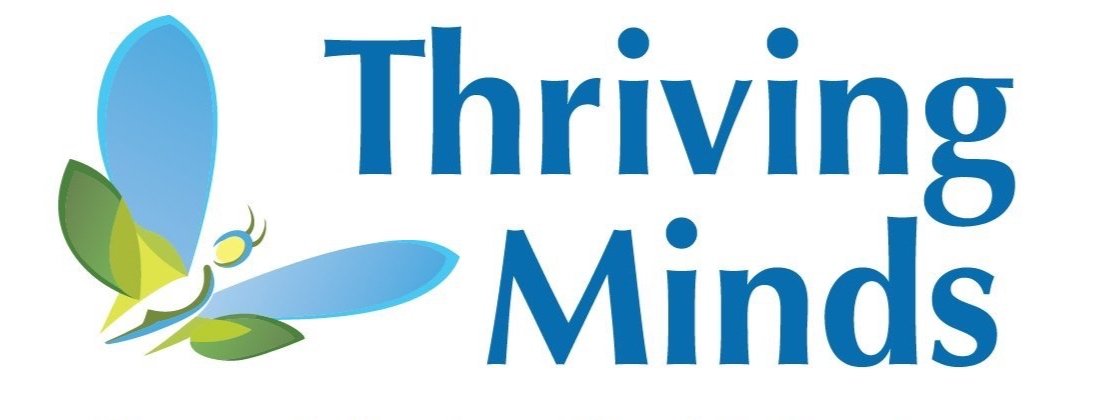Sorting Fact from Fiction in ADHD Interventions
Attention-Deficit/Hyperactivity Disorder (ADHD) is one of the most common neurodevelopmental disorders among children, leading to widespread interest in treatment options. However, amidst this interest lies a landscape filled with treatments that lack solid research backing or could potentially be harmful. As mental health professionals and consumers, it is critical to distinguish between evidence-based practices and those that are ineffective or could lead to negative outcomes. In this article, we explore some controversial treatments for ADHD in children and provide guidance on why these should be approached “with caution.”
Restricted Diets: Elimination diets that severely restrict sugar or additives are often touted as a cure for ADHD. While nutrition plays a crucial role in overall health, broad dietary restrictions without clear medical indications can lead to nutritional deficiencies and are not supported by robust scientific evidence as effective ADHD treatments.
Megavitamins and Mineral Supplements: High doses of vitamins and minerals (beyond a normal dietary supplement) have been proposed to alleviate ADHD symptoms. However, there is limited evidence supporting the efficacy of megavitamins, and excessive intakes can potentially lead to toxicity or other harmful effects.
Homeopathic Remedies: Homeopathy is a popular alternative medicine based on the principle of treating “like with like,” often using highly diluted substances. There is no credible scientific evidence to support homeopathy as an effective treatment for ADHD, and relying on such remedies might delay access to proven interventions.
Neurofeedback: Neurofeedback involves training patients to regulate their brain waves. While it shows some promise, the evidence is mixed, and sessions can be costly. It should not be considered a first-line treatment until more definitive research confirms its efficacy.
Essential Oils and Aromatherapy: Although pleasant and calming for some, essential oils and aromatherapy have not been scientifically proven as effective treatments for ADHD. These methods may assist in creating a calming environment but should not replace evidence-based ADHD treatments and behavioral therapies.
What IS evidence based for treatment of ADHD?
Evidence-based treatment of ADHD in children primarily revolves around two well-supported approaches: medication and behavioral therapy. Medications, such as stimulants and non-stimulants, have shown efficacy in managing core symptoms like impulsivity and hyperactivity. Complementing medication, behavioral therapy targets specific behaviors through structured interventions, promoting skills like organization, time management, and social interaction. Both approaches are supported by extensive research demonstrating their effectiveness in reducing symptoms and improving overall functioning in children with ADHD, offering tailored paths to better long-term outcomes.
As professionals, our priority should always be to rely on treatments backed by robust scientific evidence. It's essential to stay updated with ongoing research and guidelines from reputable sources like the American Academy of Pediatrics or the American Psychological Association. Engage in continuous education, consult with specialists, and participate in professional forums to exchange knowledge about the latest and most effective ADHD treatments. Click here to learn more about Thriving Minds’ research-supported intervention approach.
By maintaining a critical eye and a commitment to science-based practice, we can safeguard our young clients from ineffective, expensive and potentially harmful treatments.

